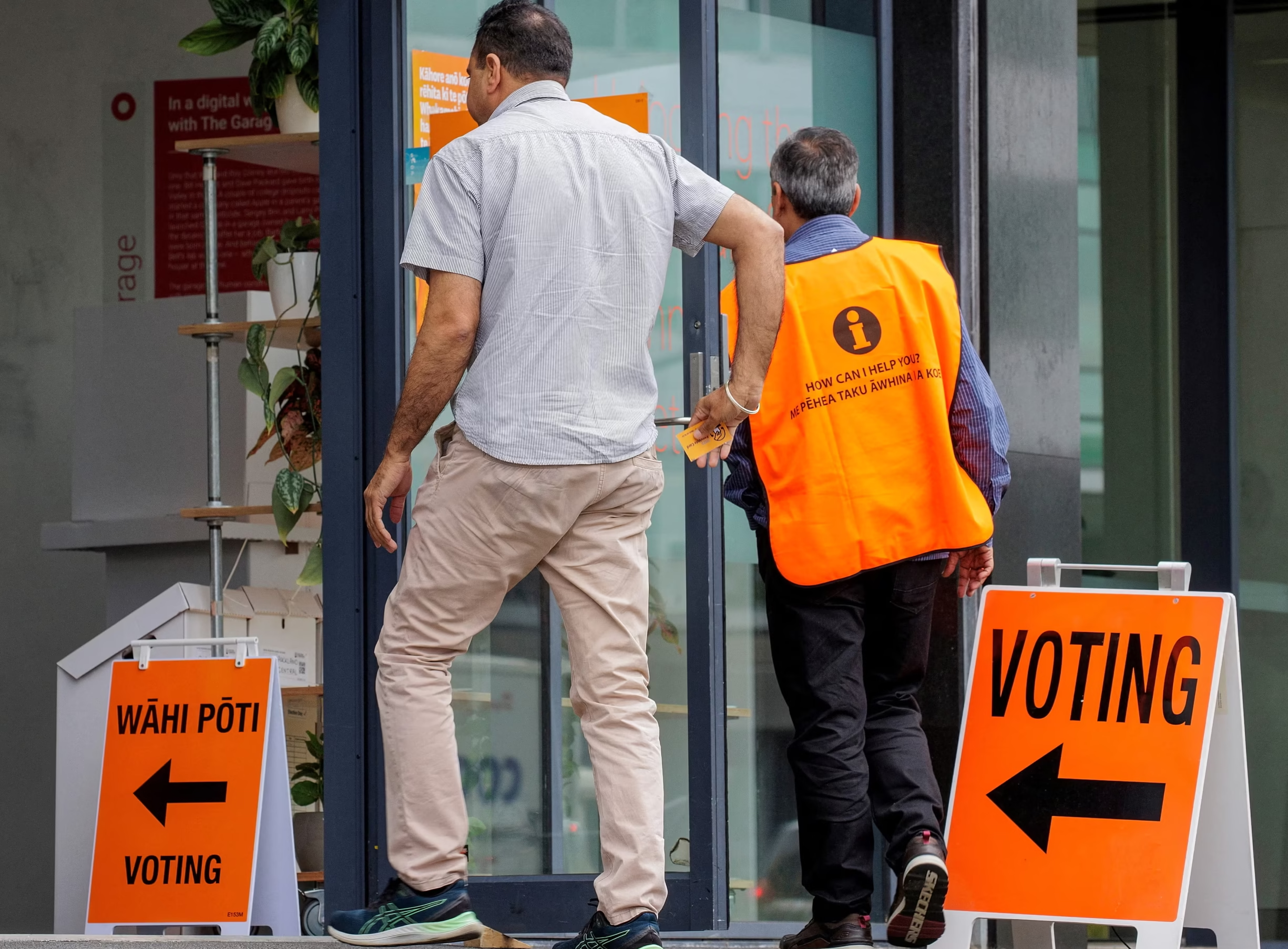The New Zealand government has introduced a law that would prevent citizens from registering to vote on election day and disenfranchisement of prisoners.
According to a report by the Reuters news agency, the proposed law has been approved in the first three readings in parliament, allowing citizens to register to vote 13 days before the election. Currently, voters can register up until election day.
The proposed law would deprive prisoners in prison of the right to vote.
The law was proposed by Justice Minister Paul Goldsmith, who said the bill overhauls a number of outdated and unsustainable electoral laws. The package of amendments will strengthen the system, help provide timely election results, regulate spending, clarify rules and regulations and provide more effective services to voters.
However, a report by Attorney General Judith Collins concluded that the bill appears to be inconsistent with the country’s Bill of Rights, including freedom of expression and the right to vote.
The changes are proposed due to delays in the 2023 election results, when the official result took almost three weeks to be released due to a large number of special votes.
Special votes are cast by New Zealanders or those travelling overseas, those voting outside their constituency or those newly registered.
The Attorney General’s report said special votes from the last election included more than 97,000 people who registered to vote for the first time and about 134,000 people who changed electoral districts during the vote.






